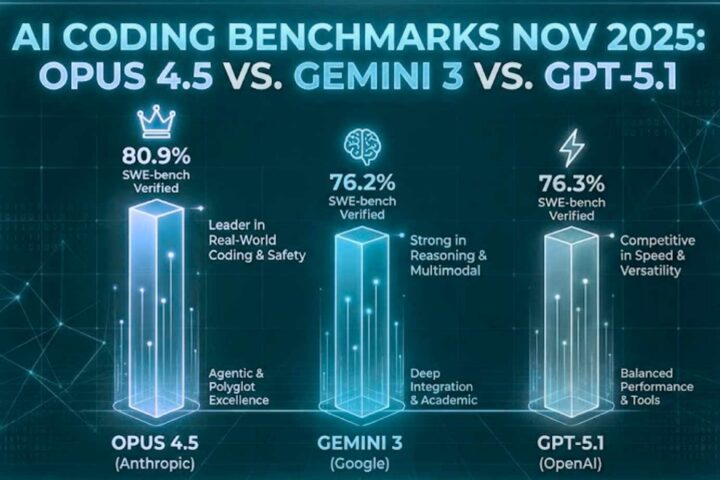When it comes to buying a home, there are many mistakes that you may unknowingly make. Even if this isn’t your first time, finding a mortgage to buy a new home is complicated and easy to mess up.
Whether this is your first time buying a home or your twelfth time, here are some home mortgage mistakes that you can’t afford to make.

#1. Picking the First Mortgage You’re Approved For
There are so many mortgages out there, it can be overwhelming. In an effort to simplify your decision and make this aspect of home buying easier, you may decide to go with the first mortgage that you’re approved for. Unfortunately, this is rarely a wise decision.
Even if you do decide to go with your first mortgage option, you should always look around for other options before you commit to something. You may find other mortgage options that are better suited for your situation or you may end up qualifying for a mortgage you didn’t think you were eligible for.
As buying a home is such a big endeavor, it’s worth it to take your time searching for a loan. Avoid making a hasty decision and don’t feel like you’re being pressured into choosing one specific type of loan. To help ease the stress of picking a mortgage and open your eyes to the numerous possibilities, here are a few tips to glance through.
Familiarize Yourself With Different Loans
There are all sorts of loans available through different lenders that you may qualify for: VA loans backed by the government for veterans or active duty members, FHA loans that often require mortgage insurance premiums, and low or down payment loans such as USDA loans, Freddie Mac mortgages, or even conventional loans.
Familiarize yourself with the different loans available and check your eligibility for all or them before you make a decision. Some offer better rates than others, so if you qualify, don’t be afraid to take advantage of them.
Use a Mortgage Calculator
While lenders will provide you with a rate and amount that you’ve been approved for, they don’t always know what is and isn’t affordable. They don’t know how much you pay on groceries or school tuition for your children, but you do.
Using a mortgage calculator can help give you an idea of how affordable a certain mortgage is (or isn’t). You can input the exact price of your potential home and edit everything from your down payment amount to the interest rate and HOA fees.
#2. Thinking Pre-Approval Means Commitment

Being pre-approved for any loan is highly recommended, but some people confuse pre-approval with commitment. Just because a lender pre-approves you for a mortgage does not mean you have to commit to it. It also doesn’t mean you’ll be approved in the final clearance.
Pre-approval is a great way to ensure that you’re likely to get the mortgage you need, but there is nothing final about it. Last minute changes may disqualify you or lead you to changing your mind, so don’t be afraid to be pre-approved for a certain mortgage as you won’t be required to commit to it.
#3. Paying a Low Down Payment
While there are a handful of no or low down payment mortgages, they often require you to pay some type of PMI or MIP. If you can afford a larger down payment, then it’s certainly worth doing as you can save several hundred dollars in mortgage insurance this way.
When you borrow a loan that is worth almost as much as you home, it’s possible that you’ll end up paying more in the long run than your home is actually worth. If the value drops, refinancing your first mortgage may even be impossible and leave you with a mortgage you can’t afford.
All in all, paying a larger down payment is worth it as long as you can afford to do so. If you can’t, then taking out a loan specifically for low or no down payments is a good backup option.
#4. Not Getting a Home Inspection
Many people tend to avoid home inspections as they feel it is just an added cost that, in the end, isn’t actually necessary. While lenders may require an appraisal, this is different from a home inspection and won’t cover nearly as much as you, the potential homeowner, may want it to.
The differences between home inspections and appraisals are numerous. Appraisals estimate the value of a home for your mortgage company after a quick walk through. Home inspections, on the other hand, will provide a meticulous report of the condition of the home without placing a value on it.
As a potential home owner, home inspections provide you with key knowledge as to how much a home may cost to repair or keep up. They can also reveal extensive damage and provide an easy way out after you’ve put down an offer.
#5. Changing Jobs Right Beforehand
If you know you’re about to buy a house, put off quitting your job until after you’ve been approved for a mortgage and bought your home. Lenders want to see a steady source of income and even if you have quite a bit saved, if they see that you’ve recently quit jobs or change jobs often, they’ll be a bit more wary of your application.
While this won’t guarantee that you’ll be denied a mortgage, it will have a negative impact on your odds. When possible, avoid making any major life changes before you seal the deal on your mortgage or your home.
Take Your Time, Get the Right Mortgage
Finding the right mortgage for your situation will take time. Don’t expect it to be the first mortgage you come across and even if it is, it’s always worthwhile to research other options so that you can be certain in your choice.
Whenever you buy a home, it’s important that you don’t make decisions lightly and that you are confident in your choice before committing to a mortgage. Careful planning and research will reduce your chances of making a mistake that you can’t come back from.











